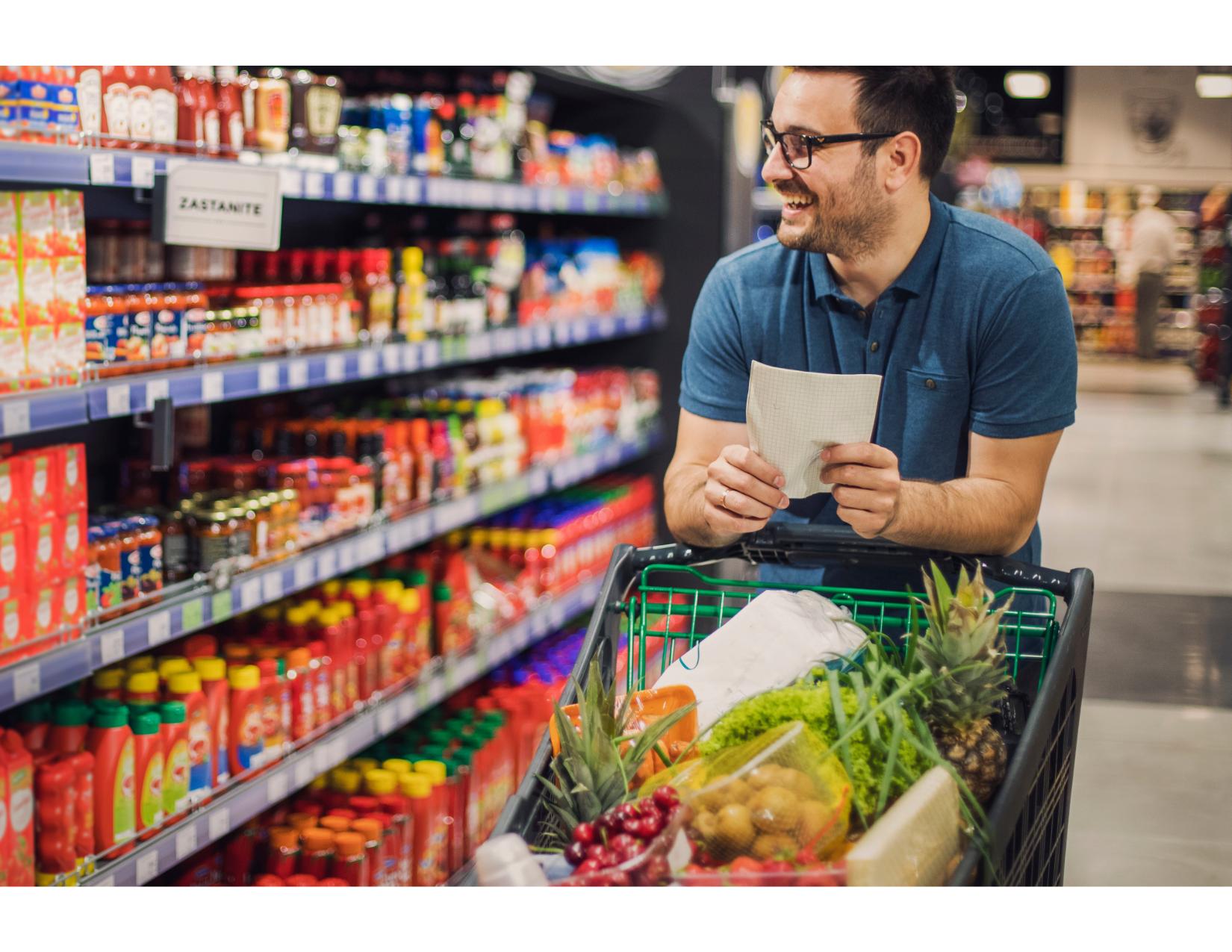Food – the fine line between GST-free and taxable
Chobani yoghurts – the Chobani ‘flip’ range is taxable but their plain yoghurts are GST-free. Why is this the case? The AAT has recently updated their guidelines outlining the difference between GST-free and taxable foods, and how we can tell the difference.
When the Goods & Services Tax (GST) was first introduced in 2000, basic foods were excluded. This was in the bid to secure democratic support for the new tax regime. However, twenty-four years later and the line between GST-free and taxable foods continues to be tried and tested.
Most recently, Chobani Pty Ltd took this very case before the Administrative Appeals Tribunal (AAT) to determine exactly where the line between GST-free and taxable foods lies.
Chobani brought two players to the game – the Chobani ‘Flip’ Strawberry Shortcake flavoured yoghurt (containing strawberry flavoured yoghurt and a separate tub of baked cookie and white chocolate pieces) and the plain Chobani yoghurt tub. Because the ‘flip’ versions of yoghurt contained two parts, the yoghurt is subject to GST. However, if the two components were sold as separate products, the yoghurt would be GST-free and the baked cookie pieces would be subject to tax.
Originally, Chobani’s flip yoghurt range were categorised as GST-free. This was based on the 2001 GST ruling which stipulated “a supply that appears to have more than one part but is essentially a supply of one thing” to be a composite supply. It stated that a product that is a composite supply could be categorised as GST-free if the other components did not exceed the lesser of 20% or $3 of the product as a whole. Based on this ruling, Chobani was able to treat their flip yoghurt range as GST-free.
Then in 2021, the ATO advised Chobani its position had changed. This included recognising that the Chobani flip yoghurt range as a combination food and now taxable.
So what is a ‘combination food?’ The GST system states that this refers to foods where at least one component is taxable, and therefore is subject to GST.
An example includes snack packs of tuna and crackers, which are classed as combination foods because they are intended to be eaten together; therefore GST applies to the whole product.
However, for products which are a ‘mixed supply’, GST will apply (or will not) to each individual product. This is for products which are sold as one, however the individual items are not intended to be consumed together, such as a hamper.
For Chobani, review by the AAT was in favour that their flip yoghurt range was classed a combination food and as a result, GST applies to the whole product.
Following Chobani’s case, there have been a number of implications put forth. Firstly, the ATO has issued a new draft GST ruling on combination foods (GST 2023/D1), replacing previous guidelines. These state that three principles apply when determining whether there is a supply of a combination food:
1. There must be at least one separately identifiable taxable food.
2. The separately identifiable taxable food must be sufficiently joined together with the overall product.
3. The separately identifiable taxable food must not be so integrated into the overall product, or be so insignificant within that product, that it has no effect on the essential character of that product.
The second implication is that at least one classification on the ATO’s GST status of major product lines list is set to change. Strangely enough, packs of dip and biscuits (with the biscuits wrapped individually and packaged together), was listed as a mixed supply, as opposed to a combination food.
Previously, Birds Eye (Simplot Australia) also appealed to the Federal Court regarding their frozen vegetable products such as combined omelettes, rice and grains. However they were unsuccessful in their appeal, as the AAT determined that the foods were prepared as either meals or as combination foods, and were subject to tax.
If you are a food manufacturer, importer or distributor, these are some big changes which could apply to you. Reach out to us if you’d like to keep up to date on the latest changes to the GST landscape and to ensure you are following the correct guidelines.
